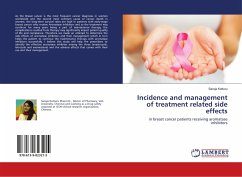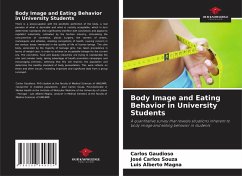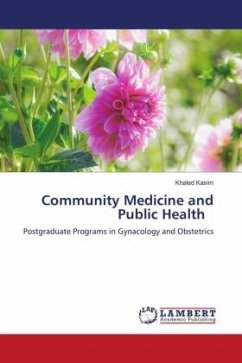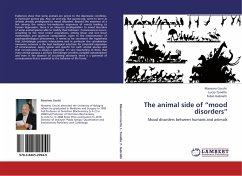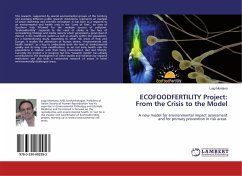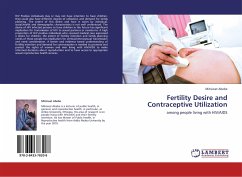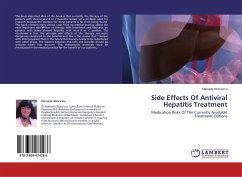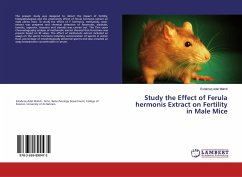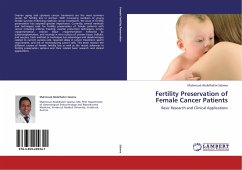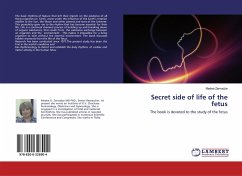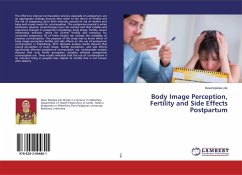
Body Image Perception, Fertility and Side Effects Postpartum
Versandkostenfrei!
Versandfertig in 6-10 Tagen
36,99 €
inkl. MwSt.

PAYBACK Punkte
18 °P sammeln!
The efforts to improve contraceptive services, especially on postpartum, are an appropriate strategy because they relate to the return of fertility and the risk of pregnancy, short birth intervals, periods of risk of mother and baby and unmet needs for contraception. The postpartum period is when emotional, physical, social changes occur for women and their families and experience changes in postpartum physiology, body image, fertility, sexual relationship behavior, desire for further fertility and tolerance for unwanted pregnancy. All of these factors can change the suitability of previous co...
The efforts to improve contraceptive services, especially on postpartum, are an appropriate strategy because they relate to the return of fertility and the risk of pregnancy, short birth intervals, periods of risk of mother and baby and unmet needs for contraception. The postpartum period is when emotional, physical, social changes occur for women and their families and experience changes in postpartum physiology, body image, fertility, sexual relationship behavior, desire for further fertility and tolerance for unwanted pregnancy. All of these factors can change the suitability of previous contraceptives. The purpose of the study was to know effect of body image perception fertility and side effects on the use of postpartum contraception in Palembang, 2017. Bivariate analysis results showed that overall perception of body image, fertility perception, and side effects significantly affected postpartum contraceptive use, multivariable analysis showed that only fertile perception variables affected postpartum contraceptive use. These results indicated that the use of contraception is an inherent thing in people's lives related to fertility that is not known after delivery.



